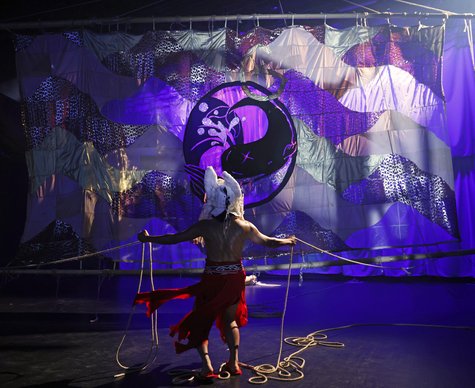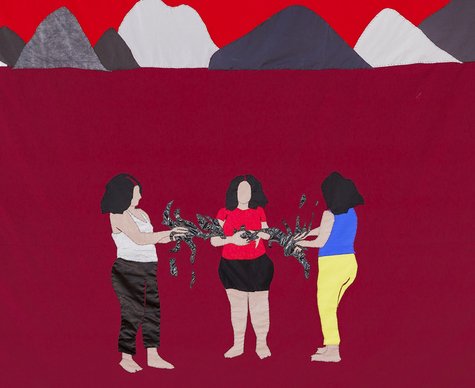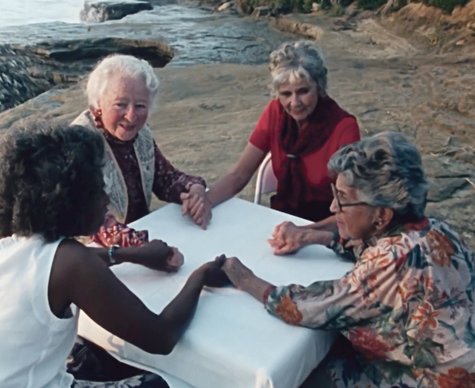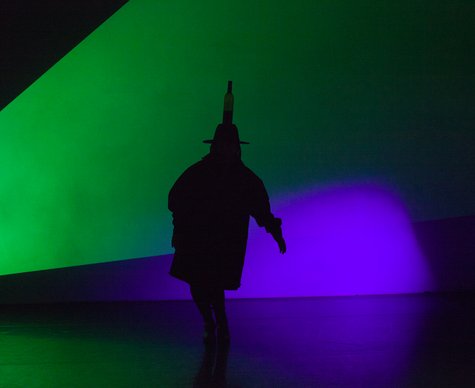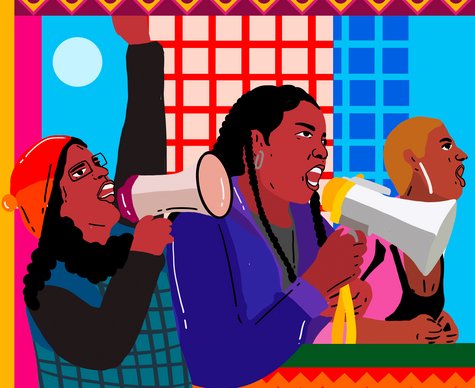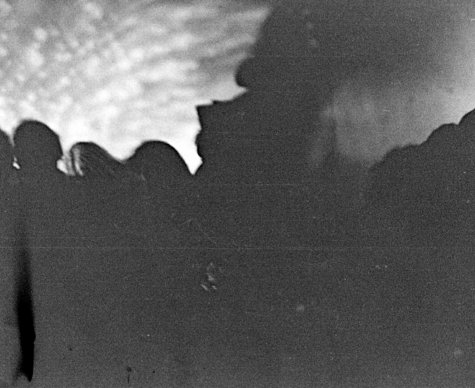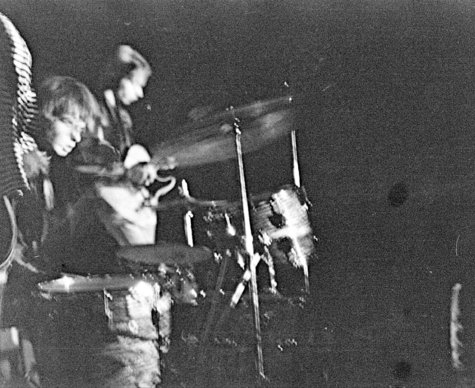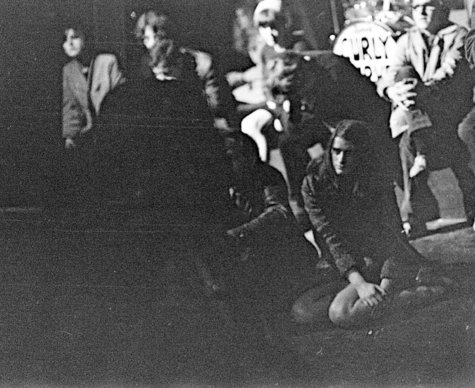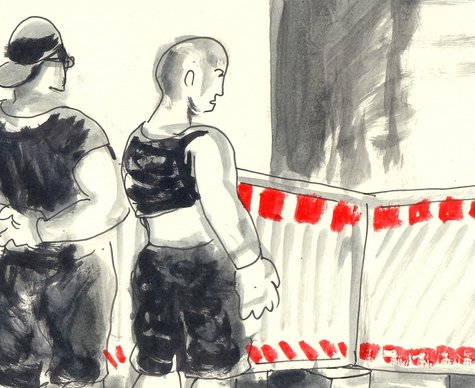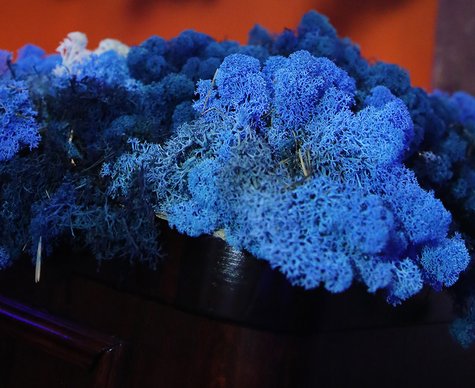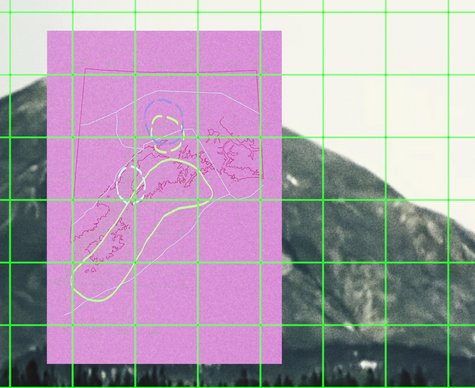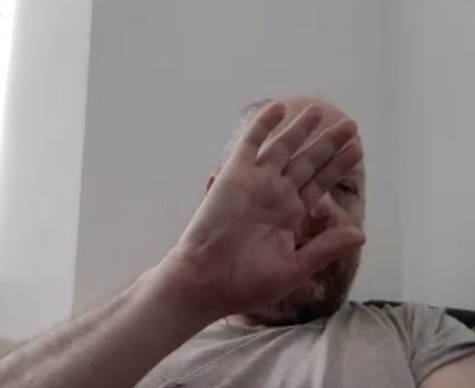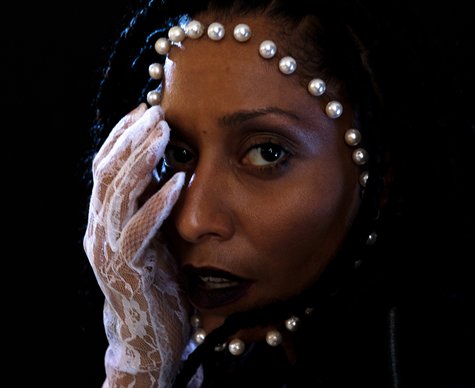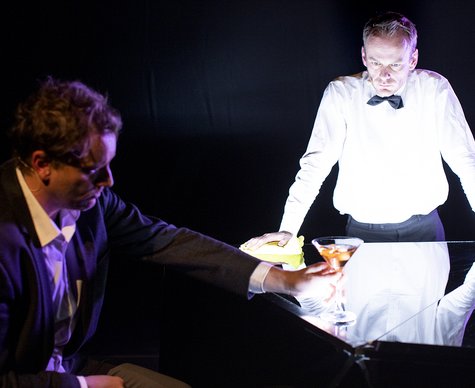HAU’s digital stage
From before the troubadours of the Middle Ages to the pop stars of today, love songs have been THE most popular genre of music for well over a millennium. We all know hundreds of love songs. We're constantly surrounded by them: at the gym, in the club, on the subway or at home in the shower. Love songs accompany our lives and our coexistence. But what exactly do they tell us? How do love songs shape our notions of relationships, romance, sexuality and gender roles?
Ted Gioia, music historian and author of the only comprehensive scientific publication to date on the history of love songs, says: “I believe music is a source of transformation. I believe music is a change agent. It changes things.” Gioia believes in the transformative power of the love song. And he believes in its innovation: “There will be revolutionary new ways of singing of love. (...) The songs will come and they will change our lives.”*
How can we picture these revolutionary new love songs that change our way of thinking about love? If our everyday love songs would change, how might our society change in turn? Can love songs be the key to a “New Community”? These questions are central to the work of artist and musician Kat Merten aka Doll Face. As part of this year's festival theme, she will present a first look at his artistic research. For “Spy On Me”, he deconstructs five popular love songs and assembles them into new tracks. In collaboration with artist Lotte Meret, a digital EP and a canvas will be created, previewing the finished music project to be released later this year.
*Love Songs: The Hidden History. 2016. Video.
Dates
This work can also be seen in the Mozilla Hub of “Beta Version Box – Workshop for Digital Theatre” between 26 and 28 March.




